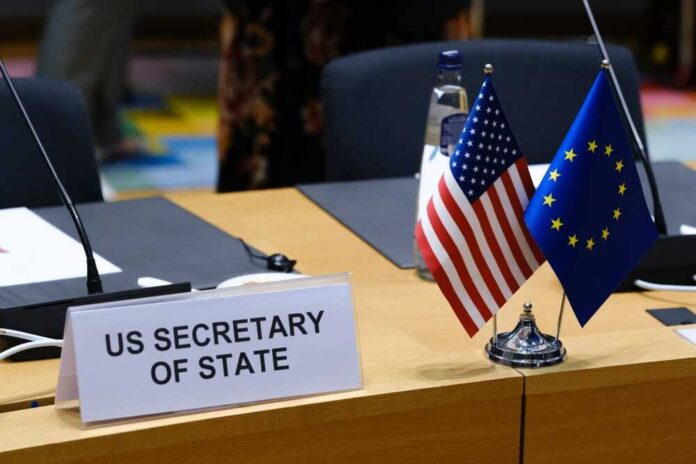According to reports, US, Philippine, Japanese, and Australian naval forces participated in the South China Sea’s first-ever joint naval drills on April 7th.
According to a statement released on Saturday by the military chiefs of the four nations, the exercises were conducted to demonstrate their commitment to bolstering international and regional collaboration in favor of an open and free Indo-Pacific.
Although China was not named in the statement, the Japan Times reports that the country’s growing territorial claims in the maritime area were generally believed to be the impetus for the military drill.
As a country that opposes using force to alter the status quo, Japan views the South China Sea problem as a valid concern for the stability and peace of the area.
A few days before President Joe Biden was set to convene the first trilateral meeting with Japan and the Philippines, the training was conducted as preparation. As tensions rise in the South China Sea, China is said to be a top priority.
Nevertheless, China has taken action, as seen by the simultaneous announcement of combined navy and air defense patrols in the same area.
According to state-owned Global Times, the Chinese side provided many stern warnings about the Philippines’ provocations, efforts to bring in outside troops, and victim-playing tactics before the PLA’s combat patrol.
The Council on Foreign Relations (CFR) reports that the Philippines and nearby countries have rejected China’s claim of sovereignty over most of the South China Sea. China is expanding its territorial claims by constructing islands and enhancing them with airstrips and military installations.
According to an article published recently in ForeignPolicy.com, Xi Jinping has ordered China to prepare for possible storms, stockpile food and fuel, and protect its economy from sanctions. These actions could indicate that China is preparing for the worst.
China wants to become the world’s leading power, surpassing the US in influence and maybe even overtaking it.
However, it also seems to be acting in response to more pressing issues, including protecting its South China Sea territorial claims and fighting what it perceives as foreign meddling in its internal affairs.














